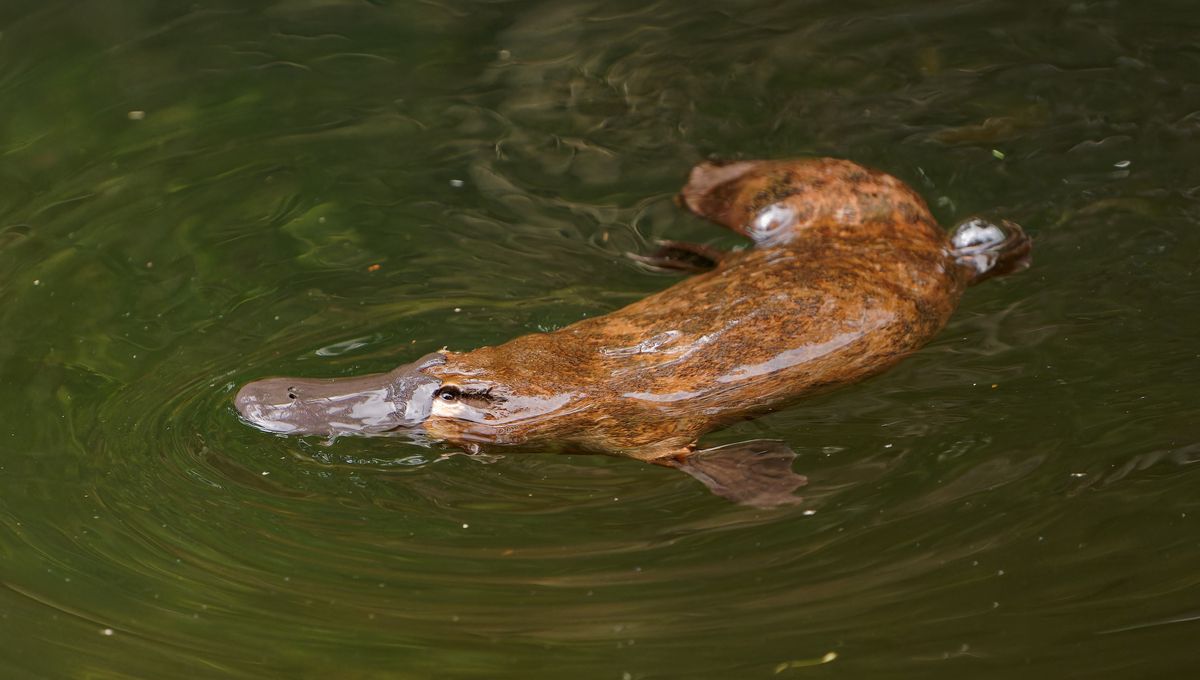
Among all the other strange things about the platypus, only the very observant notice that it also barely has a stomach. Short-beaked echidnas share some of the unusual traits of the platypus digestive system as well. Now, a genetic study of the two monotreme species has provided some insight into the timing of this development, indicating their common ancestor probably lived a semi-aquatic lifestyle like the platypus today.
A stomach is such a useful body part that almost all living vertebrates have one with certain common features, although ruminants famously have found subdividing makes them better still. Monotremes are among the rare exceptions. Although not lacking stomachs entirely, both have organs quite different from those of other vertebrates, inspiring University of Adelaide PhD student Jackson Dann to wonder how they got that way.
“The platypus stomach is small, amorphic, glandless, and it lacks a pyloric sphincter, making it notably hard to distinguish from the oesophagus and intestines,” Dann and co-authors wrote in a paper exploring monotremes’ stomach-related genetics.
The short-beaked echidna has taken a different path. It has a bulbous stomach, with a restriction to regulate the flow of food and gastric juices to the duodenum, but it also lacks glands or acid to break down its food. Then again, when your diet is made up of ants, the acid comes pre-supplied. Long-beaked echidnas, being restricted to New Guinea, and therefore much harder to study, were not investigated, but are probably similar to their short-beaked cousins in this regard.
The commonalities between the stomachs of other mammals and reptiles indicate that when the ancestral monotremes branched off the main mammalian line, they had stomachs much like our own. Dann and co-authors conclude the basis of the difference is the non-expression of the Nkx3.2 gene. The accumulation of neutral mutations on this part of the genome suggests neither species has used it for a very long time.
The few other vertebrate lineages also known to have stopped using conventional stomachs, such as the Japanese pufferfish, are all aquatic or semi-aquatic, making echidnas very much the odd species out. Therefore, the authors argue the change probably occurred in an ancestor living a lifestyle similar to the modern platypus well over a hundred million years ago.
This may help settle the long-standing question as to which of its descendants the ancestral monotreme more closely resembled. Quite why some water-dwelling creatures find a stomach an encumbrance, when most make use of it, is not known, nor why echidnas didn’t evolve more features back when they redeveloped a large holding place in their digestive system.
The study is open access in Open Biology.
Source Link: How The Platypus Lost Its Stomach